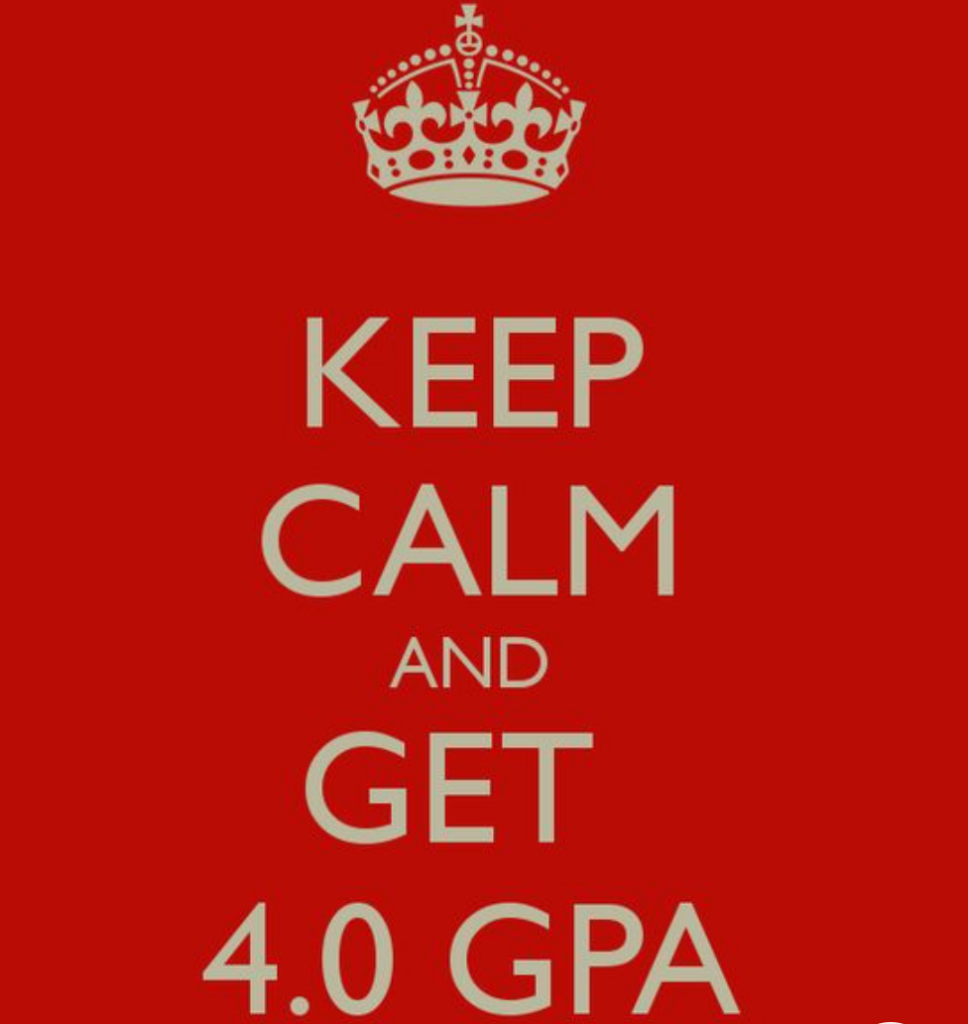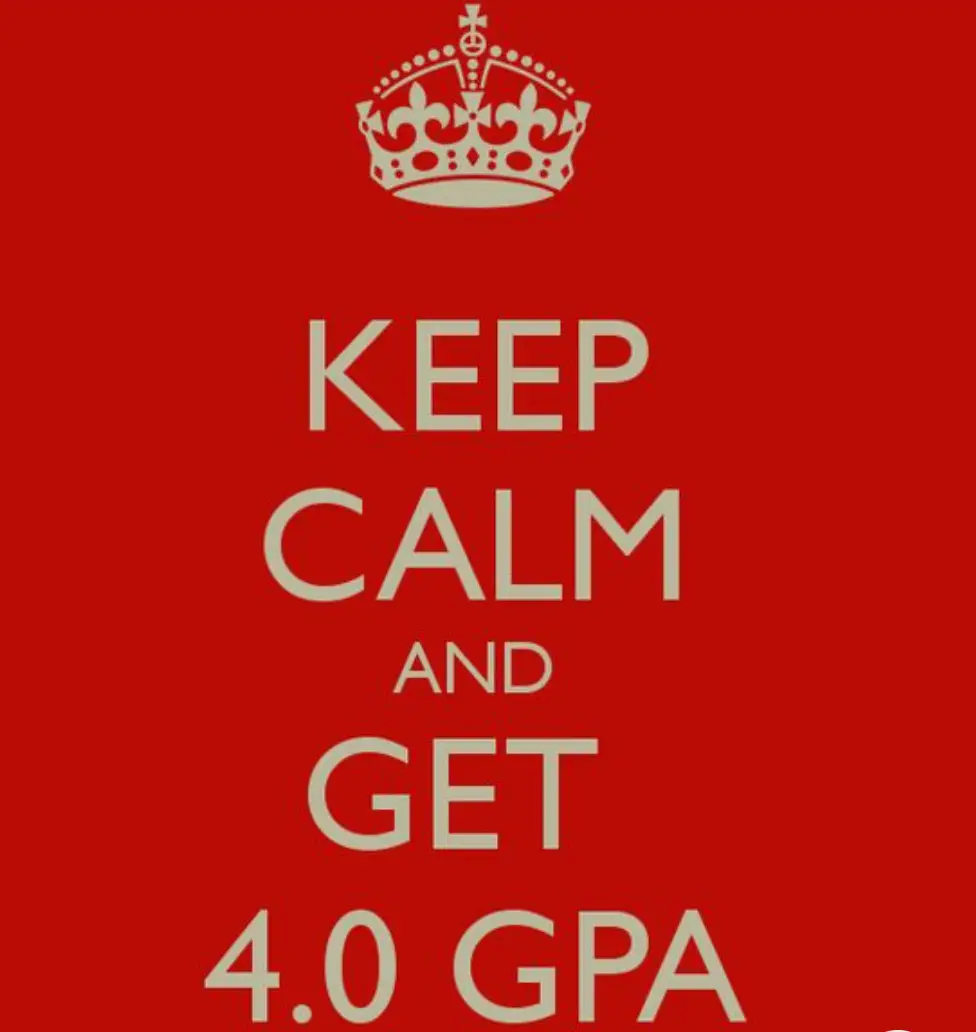Neal Schwartz
- 08 Apr, 2021
- 0 Comments
- 5 Mins Read
THE MOST COMMON COLLEGE MISCONCEPTIONS THAT NEED TO BE BUSTED

When it comes to applying for college, students are often primed for a period of intense stress. They know that they’ll have to keep up their 4.0 GPAs, take 15 AP classes, and join the crew team, or maybe start taking harp lessons. The overwhelming questions that come to mind might be, “Am I smart enough?” Or, “Am I interesting enough?” Or, “Am I unique?” The college process demands that students turn inward and evaluate what they do, how successful they’ve been, and where they’re headed. But having clear and mature answers to all of these questions is far from what most teenagers (or college admissions officers) can imagine.
Even more, now that our world has been hit by a pandemic which has wiped out testing opportunities and put more pressure on students to stand out, the existential questions are pouring in faster. What about a gap year or community college? Now in competition with students that had deferred and international students, how are these kids supposed to manage?
It starts with busting some common misconceptions about the college admissions process. There has always been a long-standing mythology surrounding college that feeds into these stresses on students, mostly derived from hearsay. Just because a certain college has a low admissions rate doesn’t mean the school is the best fit for the student. Just because you don’t play an obscure instrument or are not a high-scorer doesn’t mean you can’t succeed in college. Students, parents and guidance counselors need to rein in their expectations and focus on what counts, which is whether the school is the right fit for the student, and an environment in which they will thrive.
In a recent Forbes article by Brennan Barnard, co-author of “The Truth about College Admission: A Family Guide to Getting In and Staying Together,” he discusses a wide range of college admissions “zombie” ideas that are untrue but continue to manipulate the masses. Here are some tips to change the way students think about college admission, and to bust those myths.
“Depth over breadth”
First of all, it’s important to be aware of the college admissions lingo that’s been floating around for decades. One of the most commonly heard words when referring to building your profile is “well-rounded.” But very few people know how to apply this concept in context. Colleges are not looking for a seventeen-year-old who is a chemist, equestrian, fencer, champion chess player, and watercolor painter all at once. It’s important to not try to do everything, but to be good at the few things that you do, even if those things aren’t necessarily “original.” As the vice president and dean of admission at the University of Richmond says, “We want to build orchestras and we can’t have them if everyone plays the cello.”
You don’t have to be extraordinary…yet

So many students are concerned with building impressive resumes and accomplishing many things. Accomplishment though, as it turns out, has a very weak correlation with happiness. Winning prizes and scoring into the stratosphere is certainly nice, but what does it actually prove? It says that you are a high-achiever and focused, but does it show how you’re going to contribute to the college community? Don’t overdo your resume just to sound “impressive.” It’s not only your accomplishments that build that first impression, but your personality, your spirit, and your goals for the future. Babysitting might not seem impressive, but if you’re one of a hundred candidates who shadowed his uncle on the surgery ward, that won’t seem too special either. Overall, don’t focus on what you’ve done, but what you aim to do. Don’t focus on the impression that you’ll make, but the person you will become.
You are not a statistic, and neither is your college
While test scores were once valorized as predictors of success in college, they’re slowly losing their reputation. With more and more schools opting out of testing requirements for their prospective students, that “perfect score” is no longer as valuable as it once might have been. However, that doesn’t mean that you shouldn’t take the tests at all, because any extra vector that admissions officers have in evaluating students can be helpful. In addition, pay attention to college rankings and admissions rates. Just because you’re admitted at a top 10 school with a 3% admission rate does not mean that you’re automatically bound for success, that your school is any better than the others, or that you’re better or smarter than kids at other schools. Your success at college is dependent on the experience that you make of it. While reputation might help when applying for certain jobs, value is much more than statistics, and “selectivity is not a reliable predictor of student learning, job satisfaction, or well-being.”
Colleges want to accept you
According to Thomas Bear, vice president for enrollment management at Rose-Hulman Institute of Technology, “colleges are looking for reasons to admit students based upon ‘right fit’ to the institution.” So don’t go in thinking that admissions officers are looking for ways to criticize your profile and ultimately reject you. When building your application, focus on your strengths and be positive. Don’t make excuses for things that you didn’t complete or things at which you failed. If you present yourself as a positive person excited about learning and contributing to your community, you’ll give them more reasons to accept you.
Once you free yourself of these common misconceptions about the college process, you’ll be better equipped for acceptance. For some help to get on the right track, give us a call to schedule a free consultation today!
Best Regards,

Neal Schwartz, Owner
College Planning of Westchester
nschwartz@collegeplanningofwestchester.com
914-273-2353 (office)
914-500-5899 (mobile/text)
NOW IN OUR 19TH YEAR

NOW REGISTERING FOR OUR:
COLLEGE COUNSELING PROGRAM AND SAT/ACT TEST PREP PROGRAMS
NOW IS THE BEST TIME FOR TEST PREP AND COLLEGE APPLICATIONS
Register Today








